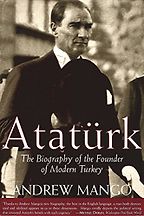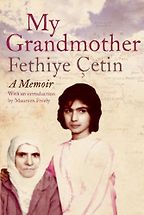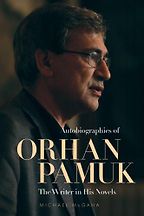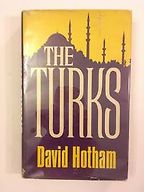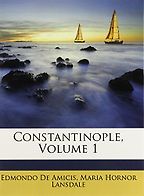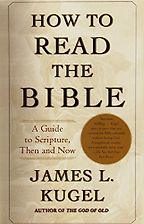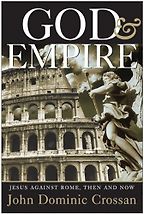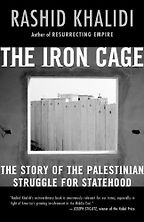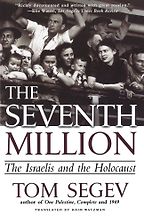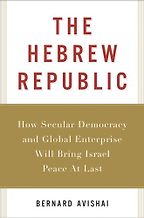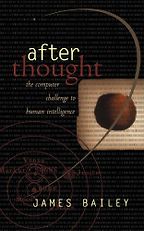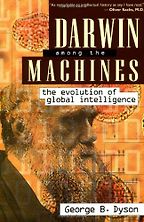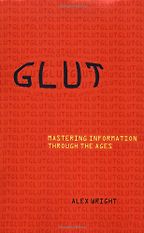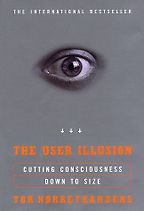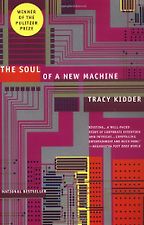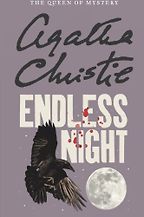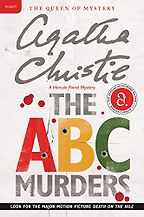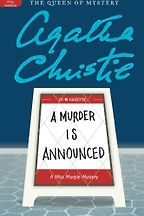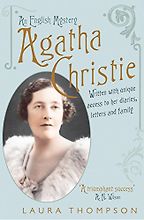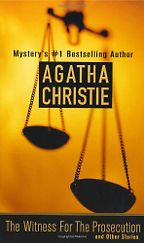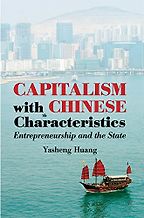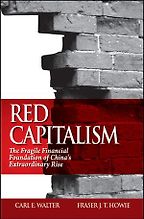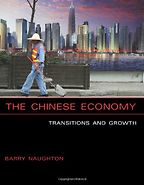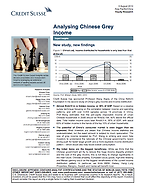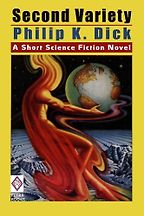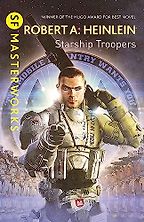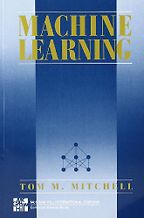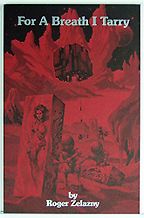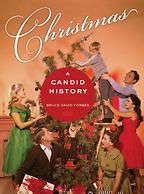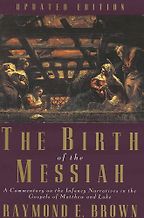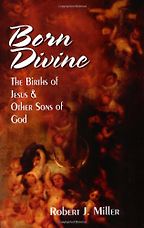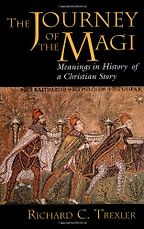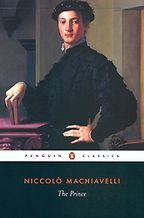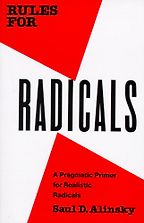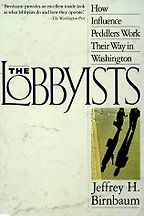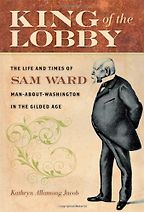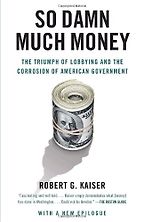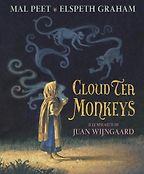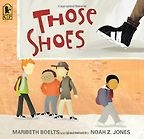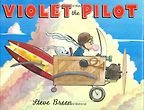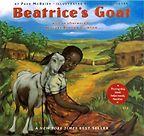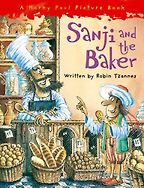Interviewer

Sophie Roell, Editor
Sophie Roell is co-founder and editor of Five Books. Previously she worked as a journalist in London, Beijing, Shanghai and New York. As a financial reporter, she covered the early years of the Chinese stock markets and the transition of its economy after Deng Xiaoping’s 1992 tour of the south. She wrote about the North Korean economy from Pyongyang in 2001.
She studied modern history as an undergraduate at Oxford and, after travelling the world as a reporter for five years, took the Master’s in Regional Studies-East Asia at Harvard University. This wonderfully flexible program insists on at least one East Asian language and some courses on East Asia, but leaves plenty of room to roam about the university taking courses on random subjects. Five Books, set up in 2009, is an attempt to continue that experience.
Below, you’ll find Sophie’s Five Books interviews with experts. Her own recommendations, normally nonfiction, are here. She also reads a lot of mysteries.
Interviews by Sophie Roell
The best books on Turkish Politics, recommended by Hugh Pope
The Istanbul-based author and former foreign correspondent Hugh Pope discusses the legacy of Atatürk, the country’s convergence with Europe and why no book has yet been written on Erdogan and the AKP. He picks the best books to help understand Turkish politics.
The best books on Jerusalem, City of Peace?, recommended by James Carroll
Jerusalem has been at the center of conflict for millennia and its current problems cannot be blamed on Israelis and Palestinians alone, says bestselling author and former Catholic priest James Carroll. He picks the best books to understand Jerusalem’s complex history and its message of peace which still gives him hope.
The best books on Watson, recommended by Stephen Baker
Former BusinessWeek writer recommends five books that deepen our understanding of the science and psychology behind Jeopardy!’s computer champion, Watson
The Best Agatha Christie Books, recommended by Mathew Prichard
Agatha Christie wrote some 80 mysteries and short story collections, nearly all designed to entertain and delight readers with their ingenious plot twists. Here, her only grandson, Mathew Prichard, who oversaw her literary estate for many decades, recommends books that give a good sense of the range of her work, from Miss Marple to Hercule Poirot to mysteries featuring neither, and including her best short story.
The best books on The Chinese Economy, recommended by Victor Shih
Victor Shih’s selection highlights rising inequality, economic irregularity and political heavy-handedness at the heart of modern China. As its economy blazes on, uncertain times may be looming
The best books on Robotics, recommended by Daniel H Wilson
These days robotic technology is developing so fast that sci-fi is having a hard time keeping up, says best-selling author and roboticist, Daniel H Wilson. He picks the best books on robotics.
The best books on Yemen, recommended by Bernard Haykel
Yemen is a stunningly beautiful country with a rich cultural heritage but its recent history has been marred by internal conflicts, outside interference and poor governance. Bernard Haykel, a professor of Near Eastern Studies at Princeton University, recommends books that bring to life Yemen’s traditional culture and give insight into what makes the country tick.
The best books on The Christmas Story, recommended by Brent Landau
The story of the birth of Jesus is the part of the Gospels that is least based on history, explains religious studies scholar Brent Landau. Jesus was probably not born in Bethlehem and he may have been visited by as many as 12 wise men. He picks books to help understand the real Christmas story.
The best books on Lobbying, recommended by Mark Bloomfield
Is lobbying always a bad thing? Or can it be used to effect social change? Washington insider Mark Bloomfield gives a lobbyist’s perspective. He picks the best books on lobbying.
Best Economics Books for Kids, recommended by Yana van der Meulen Rodgers
Great books can introduce kids to economics at a young age, says Rutgers University economics professor Yana van der Meulen Rodgers. Here she picks some lovely story books for 5-10 year olds and explains the key economic concepts they illustrate.
